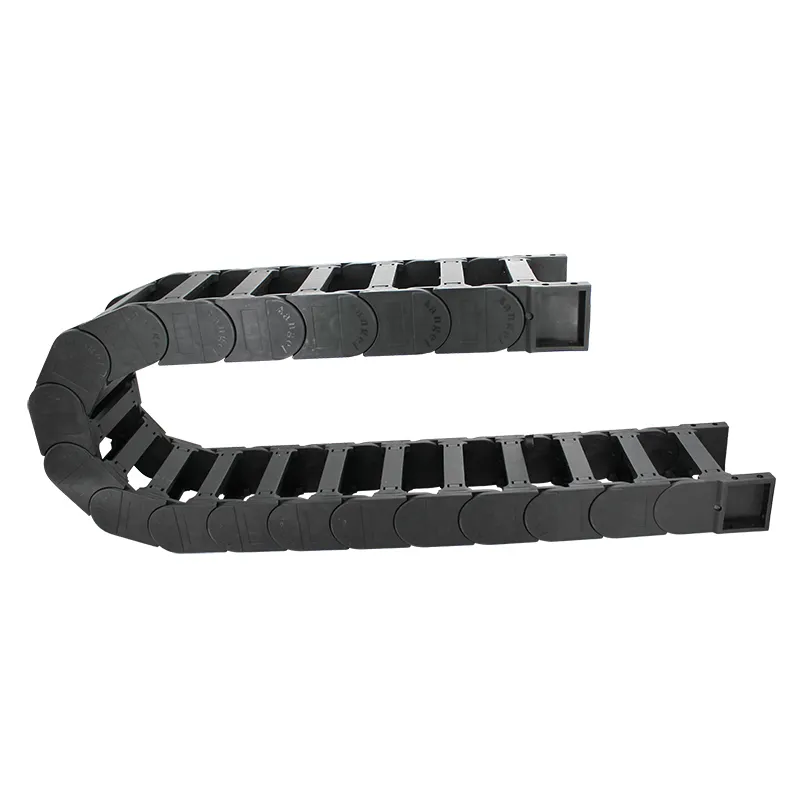Efficient Solutions for Chip Transport and Conveyance in Manufacturing Processes
The Importance of Chip Conveyors in Modern Manufacturing
In the fast-paced world of manufacturing, efficiency and productivity are of utmost importance. One key component that plays a vital role in streamlining the manufacturing process is the chip conveyor. These conveyors efficiently remove metal chips, shavings, and other waste materials generated during machining operations, thereby enhancing productivity and promoting a cleaner workspace.
Chip conveyors come in various designs, including hinged belt, magnetic, and screw-type conveyors, each tailored to specific manufacturing needs. The choice of conveyor largely depends on the types of machinery employed, the nature of the material being machined, and the layout of the manufacturing floor. For instance, a hinged belt conveyor is ideal for handling heavier chips and can easily navigate through tight spaces, whereas magnetic conveyors are more suited for ferrous materials.
The benefits of chip conveyors extend beyond mere waste removal. By efficiently transporting waste away from machining centers, these conveyors minimize downtime. When workpieces are interrupted by the accumulation of chips, operators must halt production to clear the mess. Chip conveyors alleviate this issue, ensuring that machines continue running smoothly without interruption. This results in higher overall productivity and reduced cycle times, which are critical in a competitive manufacturing environment.
chip conveyor

Moreover, the use of chip conveyors contributes to workplace safety and hygiene. Accumulated chips and shavings can pose slip hazards and generate dust that may harm workers. By continuously removing debris from work areas, chip conveyors not only keep the workspace clean but also promote a safer working environment. This emphasis on safety is essential for protecting employees and preventing costly accidents that can disrupt production and incur financial losses.
Another significant advantage of chip conveyors is their contribution to environmental sustainability. The efficient removal of metal scrap allows for better recycling and waste management practices. Manufacturers can recycle metals, reducing waste and contributing to a circular economy. Implementing chip conveyors can lead to significant cost savings as scrap metal can be sold or reused, making it not just an investment in technology but also a step towards more sustainable manufacturing practices.
Furthermore, advancements in technology have improved the functionality of chip conveyors. Modern systems can be equipped with sensors and automation features, allowing for real-time monitoring and data collection. This enables manufacturers to optimize their operations further by analyzing throughput, identifying bottlenecks, and making informed decisions based on data. The integration of smart technology within chip conveyor systems exemplifies the trend towards Industry 4.0, where interconnected systems work together to enhance performance.
In conclusion, chip conveyors are indispensable in modern manufacturing, serving to enhance efficiency, safety, and sustainability. Their ability to remove waste material swiftly not only improves productivity but also contributes to cleaner and safer work environments. As technology continues to evolve, chip conveyors will likely become even more sophisticated, playing an integral role in the future of manufacturing. Embracing these systems is vital for manufacturers aiming to remain competitive in an ever-evolving industry landscape.








